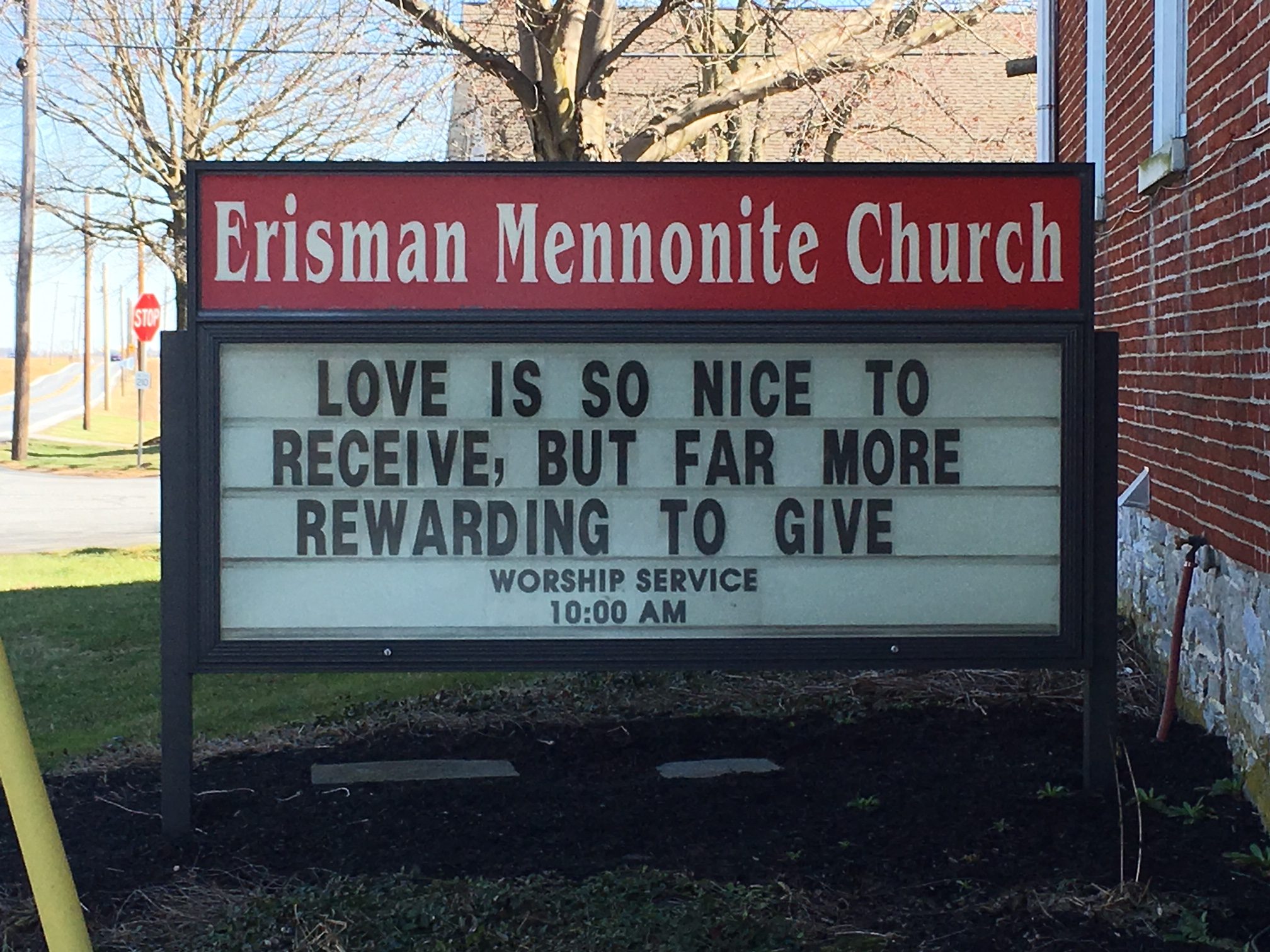
Earlier this month Aubrey “Drake” Graham revealed that the knotting of his purse strings to his heartstrings are all a part of “God’s Plan,” the title of his latest music video.
The billboard hit features him giving out the video’s $999,631.90 production budget to the people of Miami. Gifts ranged from surprise shopping sprees to impromptu educational grants to unexpected spa treatments. The emotional reception shown in the video matched the public’s initial positive reactions.
However, the Canadian rapper’s philanthropy—like the Bible—has since been subject to varied interpretations. You’re likely familiar with the more skeptical takes.
- Isn’t this just a publicity stunt?
- Shouldn’t he have given his money through proper charitable channels?
- Wouldn’t that money be better spent on structural issues?
Some scholars have pointed to gospel admonitions about doing good works in secret. And that’s a crucial part to the evaluators equation. But I had to riposte that the very idea of a gospel (i.e. “good news”) is to publicize good works.
Not five minutes after the phone interview on “God’s Plan” did I drive by a church sign exemplifying the point. So if the question is about biblical virtue, what is more righteous, public giving that inspires people to do likewise or keeping one’s deeds secret?

Everybody’s a critic, but not all benevolence is subjected to the same critique. For instance, I don’t recall football star JJ Watt or hip hop bard Lin-Manuel Miranda getting Drake-level pushback when they challenged other celebrities to give money for disaster relief. So what makes Drake so different?
Business mogul Shawn Carter may be onto something in a verse from “Murder to Excellence.” His signification on the Protestant work ethic leads me to wonder whether an evaluation of giving can be separated from our read of the people doling out the money.
I stink of success, the new black elite
They say my Black Card bears the mark of the beast
I repeat: my religion is the beat
My verse is like church, my Jesus piece
Anointing becomes a stench when the person paying fortune forward is deemed–for whatever reason– a problem.
Maybe this was why Prince was so quiet about his charity. After the Purple One’s death, news broke that he had a history of secret altruism. You might be asking why “The Artist” would hide his giving under a bushel if “…God loves a cheerful giver.”
Maybe Prince knew better.
In the court of public opinion, not all people so easily fit into God’s Plan.
Some may read that last sentence as a damning statement, but it could just as easily be read as liberating. Were people to scrutinize the character of our benefactors it probably wouldn’t take long for us to find characteristics with which we wouldn’t want to identify. Grace then becomes a tool that saves us from having to return the investment or make reparations.
All of a sudden the virtue of giving isn’t so black and white.
Ain’t that the gospel truth?

I love this! I showed it to my Freshmen religion class and got all the variety of expected responses. Thank you for pushing the envelope further.
Even though Pusha T came with that fire, I still like Drake as an artist. He get’s mad respect for all the charitable donations he does for people.